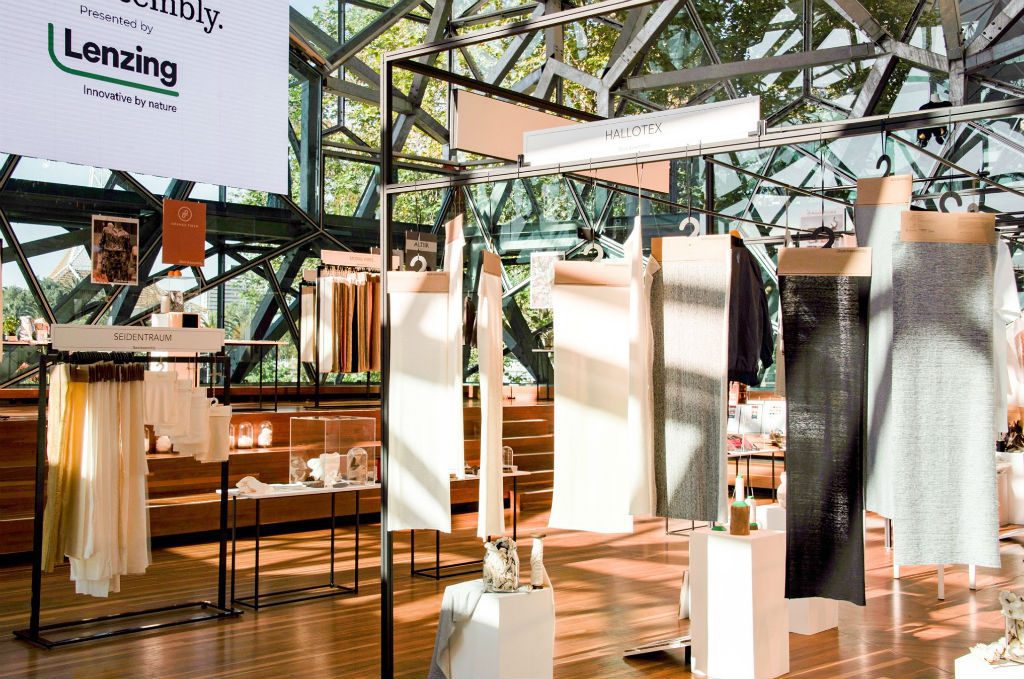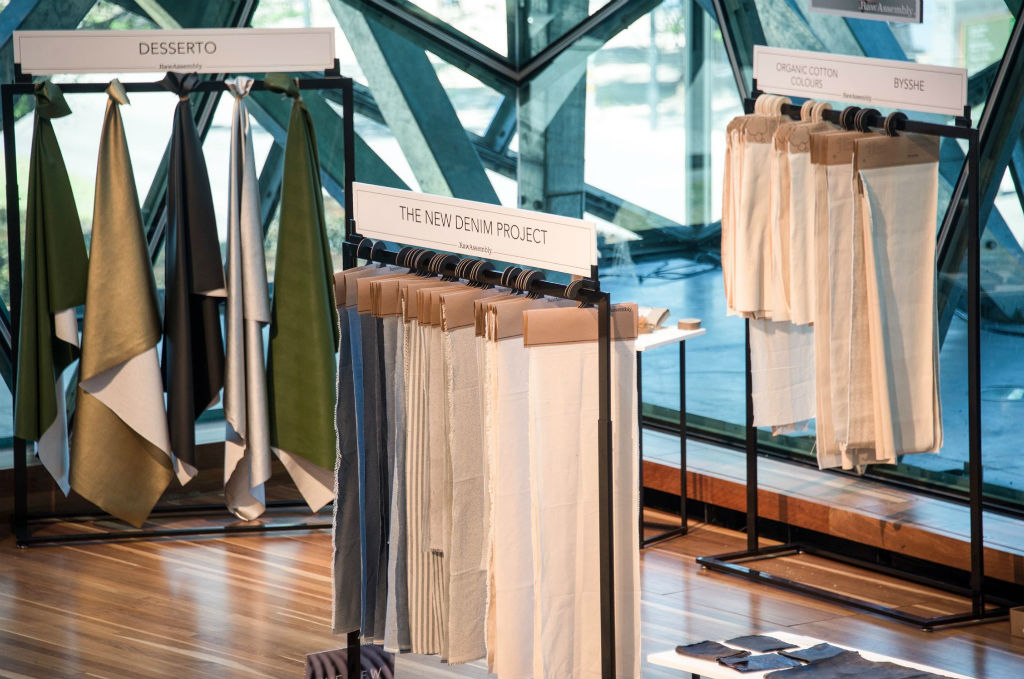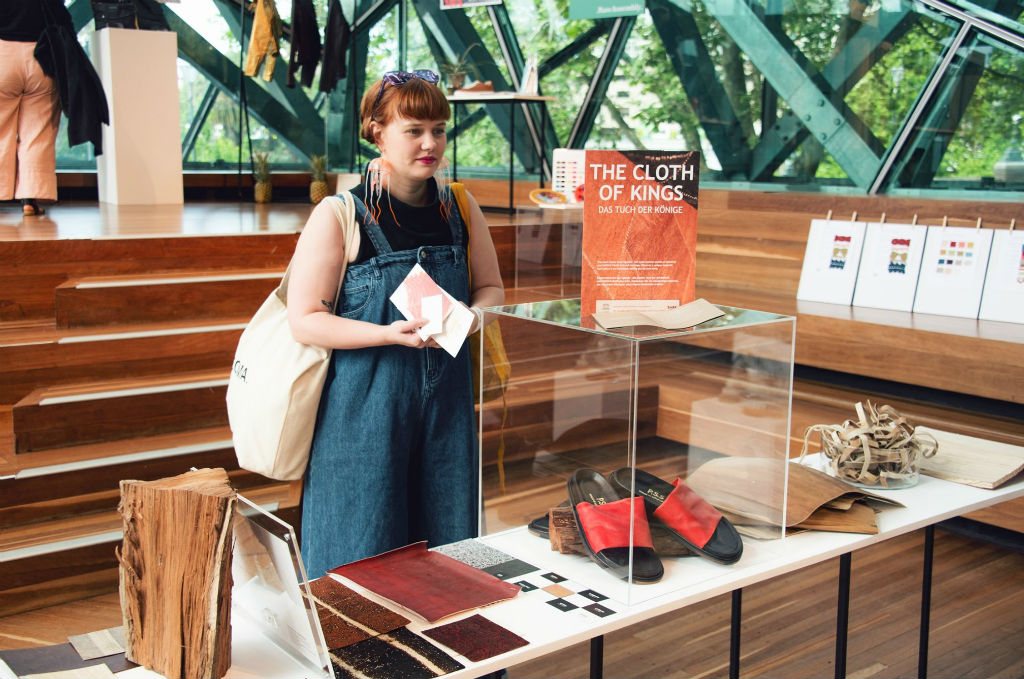“It’s basically a sustainable textiles and circular solutions sourcing show – the first of its kind in Asia Pacific.”
Thea Speechley is talking to me from her home studio in the Sunshine Coast. I can tell from the tone of her voice and length of her sentences that this conversation is one of many she’s had the past day or two.
Her life consists of speaking at conferences, running events, and connecting brands with sustainable textile suppliers. The last bit, you could say, is her calling.
“Our event is for the industry and created by the industry,” Speechley says.
“I have spent 20+ years working in London, New York, Hong Kong and China in fashion supply chains, so I have a good global perspective and know what’s happening on the ground in the factories.
“I know the amount of waste the industry creates en masse. And it has to stop.”
She’s talking about the ‘end of the roll’ fabrics or deadstock fabrics that a lot of emerging designers get their hands on in an effort to reduce waste in their own supply chains.
But Speechley says this shouldn’t exist in the first place.
“Factories order in anywhere from 5-10% more fabric than they need for their garment runs, which is a lot of fabric when you add up collections, brands, factories, etc,” she says.
“We need to be reducing this from the start, by designing out waste and designing for circularity. We need designers and brands to consider the end-of-life solutions before they start designing, making and selling”.
Speechley’s sustainable textile sourcing event RawAssembly showcases suppliers from around the globe that are creating all types of sustainable fabric and fashion alternatives – from sequins made of algae, plant-based vegan leathers made from cactus and pineapples, biodegradable and natural performance fabrics, through to single origin cotton.
“We have a whole section on algae, and this year we’ll even have a finished garment made using algae sequins that will be displayed,” she says.
“We’re also showcasing a wide range of beautiful natural fibres such as sustainable cotton, organic cotton, Australian super cotton and non-mulesed sustainable wool suppliers too.
“In terms of innovative fibres or fabrics, brands can expect to find everything from dissolvable thread to cellulose fibres made in a closed loop process.”
Speechley talks about the event with excitement, but she also recognises the seriousness of where we are today with climate change and the urgent need for transformative change and action.
“2019 really opened up the conversation and awareness around how damaging the fashion industry is on our planet, but we are now at a point where we cannot talk about this for another ten years, we must take action now before it’s too late and the damage is irreversible,” she says.
“Some of the industry has 2030 goals in place but frankly this is too late, we must stop only talking about the issues and move quickly into actionable change. We need a massive transformation change in the industry.”
Speechley says RawAssembly is working with some of the leading researchers in Australia and closely with the UN on the sustainable development goals (SDG).
“We understand climate change very well. These are problems that we’re tackling but we need everyone on board,” she says.
“Brands need to be thinking about the end of life of their garments before they even start designing, this will inform the fabric choices and the way they assemble garments.”
RawAssembly’s next event welcomes brands of all sizes to hear from leading sustainable textile manufacturers, researchers, solution providers and designers that have already taken great steps in their own sustainable journeys.
Speechley reiterates, “Anyone in the fashion industry can come to the events, listen to our speakers and then find suppliers that meet their production needs. We have educational and immersive trend presentations, plus our new R:LAB section that will help brands and designers find the right sustainable material solutions for their collections. We guarantee you will be inspired.”
“But really, we need to make sure young designers are on board also and lead the industry in this transformative change. They are, after all, the future.”
This event has been postponed. Details coming soon.





